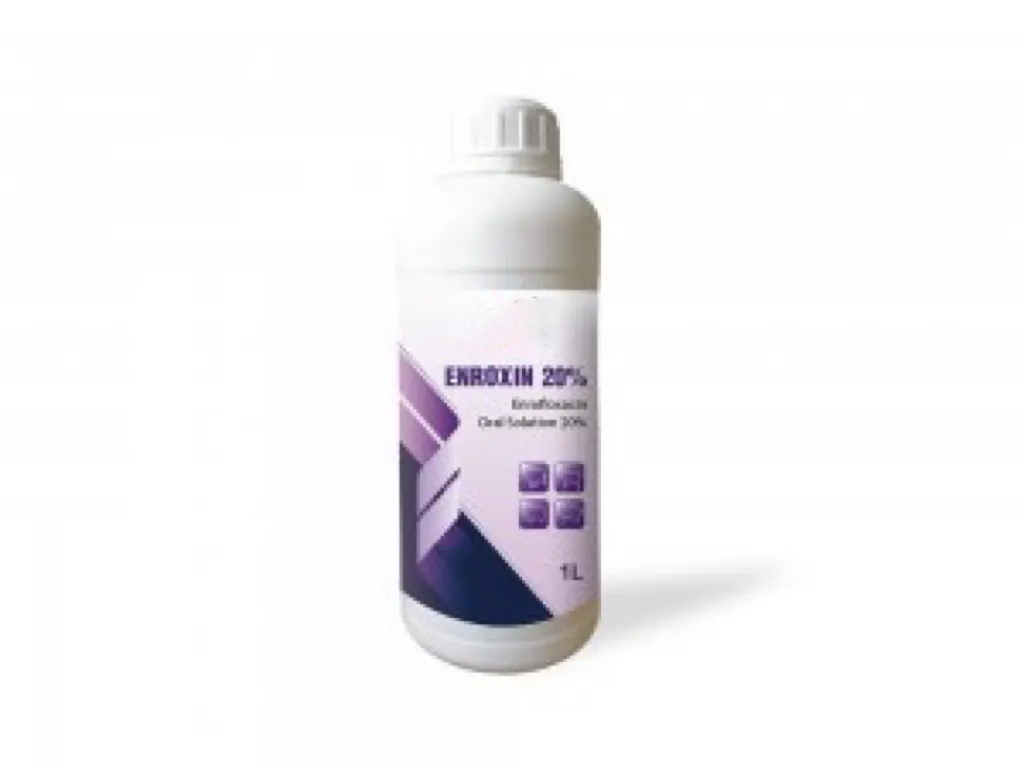- Afrikaans
- Albanian
- Amharic
- Arabic
- Armenian
- Azerbaijani
- Basque
- Belarusian
- Bengali
- Bosnian
- Bulgarian
- Catalan
- Cebuano
- Corsican
- Croatian
- Czech
- Danish
- Dutch
- English
- Esperanto
- Estonian
- Finnish
- French
- Frisian
- Galician
- Georgian
- German
- Greek
- Gujarati
- Haitian Creole
- hausa
- hawaiian
- Hebrew
- Hindi
- Miao
- Hungarian
- Icelandic
- igbo
- Indonesian
- irish
- Italian
- Japanese
- Javanese
- Kannada
- kazakh
- Khmer
- Rwandese
- Korean
- Kurdish
- Kyrgyz
- Lao
- Latin
- Latvian
- Lithuanian
- Luxembourgish
- Macedonian
- Malgashi
- Malay
- Malayalam
- Maltese
- Maori
- Marathi
- Mongolian
- Myanmar
- Nepali
- Norwegian
- Norwegian
- Occitan
- Pashto
- Persian
- Polish
- Portuguese
- Punjabi
- Romanian
- Russian
- Samoan
- Scottish Gaelic
- Serbian
- Sesotho
- Shona
- Sindhi
- Sinhala
- Slovak
- Slovenian
- Somali
- Spanish
- Sundanese
- Swahili
- Swedish
- Tagalog
- Tajik
- Tamil
- Tatar
- Telugu
- Thai
- Turkish
- Turkmen
- Ukrainian
- Urdu
- Uighur
- Uzbek
- Vietnamese
- Welsh
- Bantu
- Yiddish
- Yoruba
- Zulu
Nov . 24, 2024 04:51 Back to list
Effective Methods for Eliminating Lungworm in Dogs and Protecting Their Health
Understanding Lungworm in Dogs Causes, Symptoms, and Treatment
Lungworm, specifically caused by the parasite *Angiostrongylus vasorum*, is an increasing concern for dog owners worldwide. This parasitic infection can lead to severe respiratory issues and, if left untreated, can be fatal. Understanding what lungworm is, how it affects dogs, and the methods for effective treatment is crucial for every dog owner.
What is Lungworm?
Lungworm is a parasitic nematode that primarily infects the lungs and blood vessels of the host animal, particularly dogs. The parasite is transmitted through the ingestion of larvae, typically found in contaminated environments such as gardens or areas frequented by snails and slugs, which are intermediate hosts. This means that dogs can become infected by eating these slugs or snails directly or by ingesting contaminated food or water.
Symptoms of Lungworm Infection
The symptoms of lungworm can vary significantly between dogs, influenced by factors such as the dog's age, immune system, and overall health. Common symptoms include
- Respiratory Issues Dogs might exhibit a persistent cough, respiratory distress, or wheezing. In severe cases, the dog may struggle to breathe or show signs of fatigue. - Bleeding Disorders Lungworm can interfere with the dog's ability to clot blood. This might result in excessive bleeding from the nose, gums, or other areas. - Neurological Signs Some dogs may display signs of neurological distress, such as seizures or disorientation, particularly in severe cases. - Weight Loss and Lethargy Infected dogs may experience a noticeable drop in their energy levels and weight, as they may not eat normally due to discomfort. - Vomiting and Diarrhea Digestive issues may also arise, causing vomiting or diarrhea in some cases.
If you notice any of these symptoms, it is vital to consult a veterinarian as soon as possible, as prompt treatment can make a significant difference in recovery.
Diagnosing Lungworm
what kills lungworm in dogs

Veterinarians typically diagnose lungworm through a combination of clinical signs, medical history, and laboratory tests. Fecal examinations are commonly performed to detect the presence of lungworm larvae. Blood tests may also be used to assess for any the dog's overall health and the presence of antibodies to the parasite.
Treatment Options
The good news is that lungworm infection is treatable, especially when discovered early. Here are the common methods used to eliminate lungworm
- Anthelmintic Medications Specific medications are prescribed to kill the lungworm. These anthelmintics are effective at targeting the parasite and can help alleviate the symptoms within days to weeks after administration. - Supportive Care In cases of severe respiratory distress or bleeding issues, dogs may require additional supportive care, including oxygen therapy, fluid therapy, or blood transfusions. - Follow-Up Treatment It's essential for dog owners to follow up with their veterinarian after initial treatment to ensure that the lungs have cleared of the parasite and that the dog is recovering well. This may include repeat fecal exams or imaging studies.
Preventive Measures
Preventing lungworm infection is far easier than treating it. Here are some effective strategies
1. Regular Deworming Ensure your dog is regularly dewormed under the guidance of your veterinarian. This can help to eliminate any parasites before they can cause significant harm. 2. Minimize Exposure Avoid letting your dog eat snails, slugs, or potentially contaminated treats from the ground. 3. Maintain Hygiene Keeping your yard and living areas clean, free of snail attractants and waste, and monitoring your dog’s behavior outdoors will reduce exposure to lungworm. 4. Routine Health Checks Regular veterinary check-ups can catch potential health issues early and provide an opportunity for preventative measures.
Conclusion
Lungworm in dogs is a serious condition that can lead to significant health issues but is both treatable and preventable. Awareness of the symptoms, timely veterinary intervention, and adopting preventive practices play a crucial role in keeping our furry friends safe from this parasitic threat. If you suspect your dog may have been exposed to lungworms, don't hesitate to reach out to your veterinarian for guidance and treatment. Prioritizing your dog's health will ensure they lead a long, happy, and healthy life.
-
Guide to Oxytetracycline Injection
NewsMar.27,2025
-
Guide to Colistin Sulphate
NewsMar.27,2025
-
Gentamicin Sulfate: Uses, Price, And Key Information
NewsMar.27,2025
-
Enrofloxacin Injection: Uses, Price, And Supplier Information
NewsMar.27,2025
-
Dexamethasone Sodium Phosphate Injection: Uses, Price, And Key Information
NewsMar.27,2025
-
Albendazole Tablet: Uses, Dosage, Cost, And Key Information
NewsMar.27,2025













